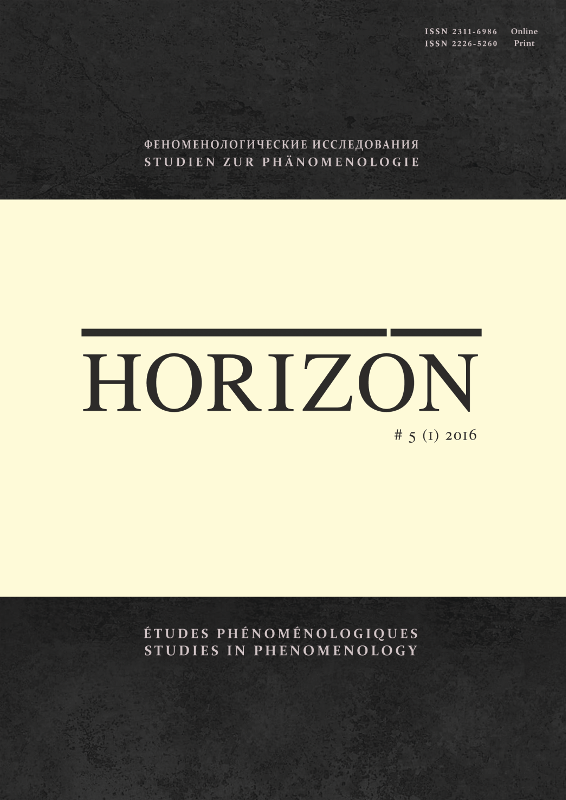WIE ICH AUS DER MINDERJÄHRIGKEIT DES MARXISMUS
MIT DER HILFE DER PHÄNOMENOLOGIE HERAUSWUCHS?
MY EMERGENCE FROM THE IMMATURITY OF MARXISM IN VIRTUE OF PHENOMENOLOGY
Author(s): Mihály VajdaSubject(s): Contemporary Philosophy, Marxism, Phenomenology
Published by: Издательство Санкт-Петербургского государственного университета
Keywords: Marxism; phenomenology; Husserl; Heidegger; Scheler; Hungarian reception of phenomenology; Lukács;
Summary/Abstract: In this paper the author reflects on the phenomenological motives in his departure from the Marxism of Georg Lukács in the Hungary of the late 1960s and early 1970s. He first encountered phenomenology at the university during the classes of Ágnes Heller, another future dissident of Marxism, which led him to study the Logical Investigations when he became a research assistant at the Institute of Philosophy of the Hungarian Academy of Sciences in 1961. Following in the footsteps of other readers of Husserl’s opus magnum, the author was confronted by Husserl’s manifest Platonism in the first and equally manifest psychologism in the second volume of the same work. This apparent contradiction between a temporal objectivities and their life-world origins led him to the phenomenology of Max Scheler, to whom the author dedicated the fourth chapter of his second monograph on Husserl published in 1969.The thinker who radically overcame Husserl was, for the author, Martin Heidegger. Modern scholarship has meanwhile convinced him of the fundamental differences between these two phenomenologists, but one lesson remains: Phenomenology is characterized by evidence that originates from seeing, rather than mere words and argumentations.
Journal: Horizon. Феноменологические исследования
- Issue Year: 5/2016
- Issue No: 1
- Page Range: 54-69
- Page Count: 16
- Language: German

